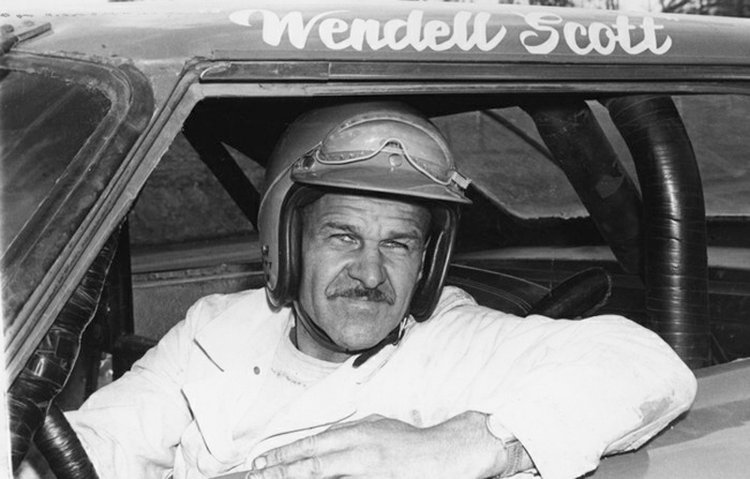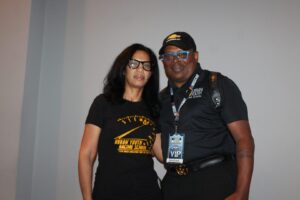David Steward II’s Lion Forge Films (Academy Award®-winning Hair Love) has inked a deal with Scott 34 Racing to make films, TV series, digital content, and games based on the life of sporting pioneer Wendell Scott Ventures to introduce his iconic and groundbreaking life, journey as NASCAR’s first black racer (and later, owner) to audiences a crossed the globe through an extensive multi-platform engagement.
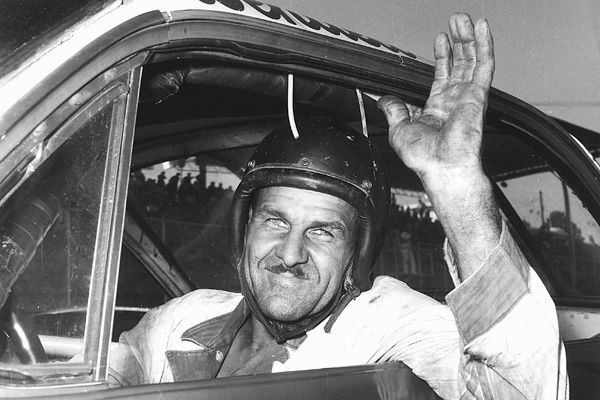
This is a huge moment during Black History month to announce that Wendell Scott’s inspirational life and career would continue to race outside of the tracks. Making this announcement during this month is the perfect captions and reflects the way he lived, exultantly overcoming challenges during the Jim Crow era (1921) when racial segregation was enforced by law.
In addition to officially breaking the sport’s color barrier in 1953, Scott won the Jacksonville 200 race in 1963 –only to see the win given to a white driver on a “clerical error” (later reversed). On this day, Scott would go on to make history in NASCAR. At Speedway Park in Jackson, Wendell Scott finished first in a 100-mile feature race. However, scoring errors denied him of being awarded before the white-dominated audience. After three-hour contestation and re-computation of scores, Scott was confirmed winner and received the cash prize, but Buck Baker, the erroneously declared winner, was already gone with the trophy. (Alderman & Inwood, 2016)
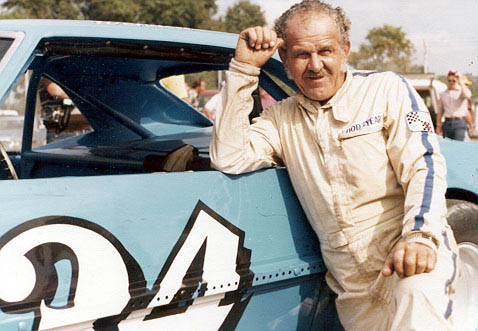
This story has been narrated several times in a few events, journal articles, and news magazines. A replica was awarded to Scott’s children in an emotional ceremony at Jacksonville Stock Car Racing Hall of Fame in 2010, but the original trophy is still nowhere to be found, and the family is yet to make peace with history. And they shouldn’t, for the issue is no more just about the first African-American NASCAR trophy, but about the persistent racial injustice in the reputed largely-white sport.
Today, the seemingly endless search for Scott’s missing trophy has transformed into a symbolic fight for equality and diversity in NASCAR. And the hopes are high that this time the much-desired trophy of diversity will be won though not easily. NASCAR’s diversification programs are underway. The Confederate flag has been banned from all of its tracks in 2020 (Williams-Smith, 2020) after Bubba Wallace, the lone Black driver competing full time in NASCAR national series level this 2021, spoke against it (Williams-Smith, 2020). Many NASCA drivers are also vocal in support of racial equality
and respect for people of color (Williams-Smith, 2020).), indicating that Wallace has a wide-range of support.
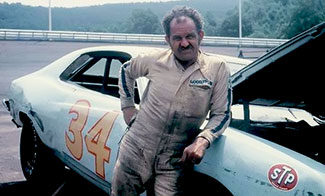
As of today, Wendell Scott still has not received recognition from NASCAR. While communication lines are open, NASCAR officials have not released any formal acknowledgement of Wendell Scott’s legacy on the racetrack (Williams-Smith, 2020). Scott competed in 496 NASCAR races, with 147 Top 10 finishes, which ended with a horrific near-death crash in 1973, ultimately ending his career shorter than he wanted. Scott died of cancer in 1990 and was officially inducted into the NASCAR Hall of Fame in 2015, becoming the first African- American to do so in NASCAR history. I hope all will be depicted within the storyline.
References:
Alderman, D.H. & Inwood, J. (2016). Mobility as antiracism work: The “hard driving” of NASCAR’s Wendell Scott. Annals of the American Association of Geographers, 106:3, 597-611, DOI: 10.1080/00045608.2015.1118339
Williams-Smith, J. (2020 Jun 25). “Why it’s now or never for Wendell Scott’s legacy and NASCAR’s revolution.” Motorsport. Available at
https://www.motorsportmagazine.com/articles/us-scene/why-its-now-or-never-for-wendell-scotts-legacy-and-nascars-revolution

